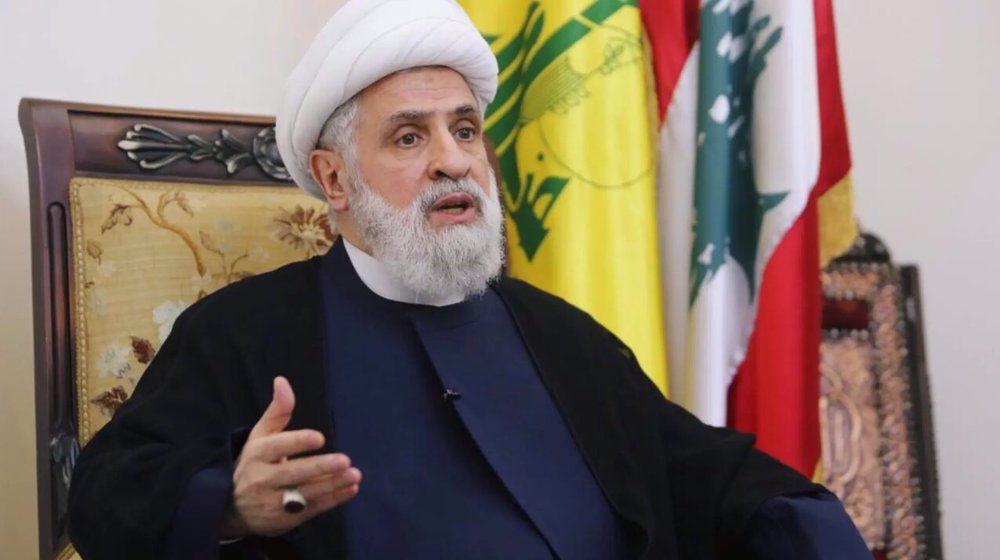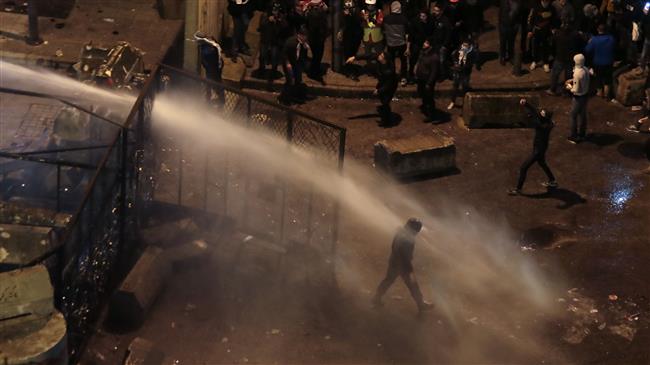Lebanon approves intl. financial, legal advisers: Source
Lebanon has reportedly approved asset management company Lazard to restructure the country’s debts, in an attempt to alleviate its deepening economic crisis.
The approval was given in a cabinet meeting of Lebanon’s new government on Tuesday, Reuters reported, citing an unnamed government source as saying.
Lazard, whose principal executive offices are in New York City, Paris, and London, claims that it is the world’s leading financial advisory and asset management company, which advises on mergers, acquisitions, restructuring, and capital structure and strategy.
The source further said that Beirut also gave approval to law firm Cleary Gottlieb Steen & Hamilton LLP to act as the government’s legal adviser.
Earlier, Beirut had invited several international firms to bid to be its financial adviser on how to restructure and clear the country’s sovereign debt. And a team of experts from the International Monetary Fund (IMF) traveled to Lebanon and met with new Lebanese Prime Minister Hassan Diab last week.
But on Tuesday, the Lebanese Hezbollah resistance movement, whose party in parliament is one of the main backers of the new government, said in a statement that it was against allowing the IMF to manage Lebanon’s financial crisis, although it did not oppose the general seeking of advice.
“We will not accept submitting to (imperialist) tools... meaning we do not accept submitting to the International Monetary Fund to manage the crisis,” Hezbollah deputy leader Sheikh Naim Qassem said. “[But] there is nothing to prevent [mere] consultations, and this is what the Lebanese government is doing,” he added.
Lebanon, now one of the world’s most heavily indebted states, has been facing a tough economic situation because of alleged mismanagement and corruption during the past several decades. Protests started in the country in October last year, when the government proposed imposing a tax on WhatsApp calls, along with other austerity measures.
On October 29, the then-Prime Minister Saad Hariri resigned under pressure from the unprecedented protests, creating a political void that lasted until January 21, when Diab assumed office as the country’s new premier.
Diab faces one of the worst crises in his county’s recent history and urgent decisions about upcoming debt payments, particularly a 1.2-billion-dollar sovereign bond due early next month.
Lebanon’s national debt stands at around 85 billion dollars.
Normalization increases cost of defeating Israel, Yemeni leader warns
Activists announce 'Freedom and Sumud Flotilla' to challenge Gaza blockade
VIDEO | Rome residents demand end to ties with Israeli firms
VIDEO | Pakistan Senate condemns ‘hexagon of alliances’ as Indian PM visits Israel
VIDEO | Founder of French pro-Palestine NGO appears before court
VIDEO | Modi’s Israel visit sparks opposition, domestic backlash
VIDEO | Continuous war on media in occupied West Bank
Kabul rocked by explosions as Pakistan launches airstrikes
















 This makes it easy to access the Press TV website
This makes it easy to access the Press TV website